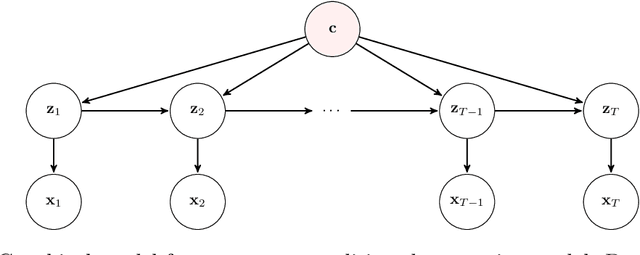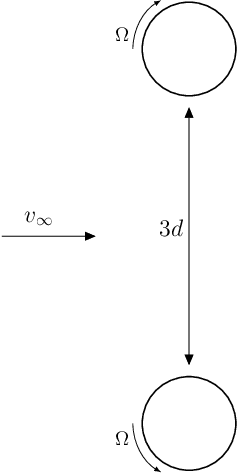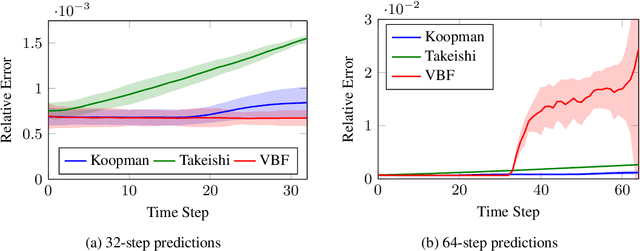Freddie D. Witherden
Parameter-Conditioned Sequential Generative Modeling of Fluid Flows
Dec 14, 2019



Abstract:The computational cost associated with simulating fluid flows can make it infeasible to run many simulations across multiple flow conditions. Building upon concepts from generative modeling, we introduce a new method for learning neural network models capable of performing efficient parameterized simulations of fluid flows. Evaluated on their ability to simulate both two-dimensional and three-dimensional fluid flows, trained models are shown to capture local and global properties of the flow fields at a wide array of flow conditions. Furthermore, flow simulations generated by the trained models are shown to be orders of magnitude faster than the corresponding computational fluid dynamics simulations.
Deep Dynamical Modeling and Control of Unsteady Fluid Flows
May 18, 2018



Abstract:The design of flow control systems remains a challenge due to the nonlinear nature of the equations that govern fluid flow. However, recent advances in computational fluid dynamics (CFD) have enabled the simulation of complex fluid flows with high accuracy, opening the possibility of using learning-based approaches to facilitate controller design. We present a method for learning the forced and unforced dynamics of airflow over a cylinder directly from CFD data. The proposed approach, grounded in Koopman theory, is shown to produce stable dynamical models that can predict the time evolution of the cylinder system over extended time horizons. Finally, by performing model predictive control with the learned dynamical models, we are able to find a straightforward, interpretable control law for suppressing vortex shedding in the wake of the cylinder.
 Add to Chrome
Add to Chrome Add to Firefox
Add to Firefox Add to Edge
Add to Edge